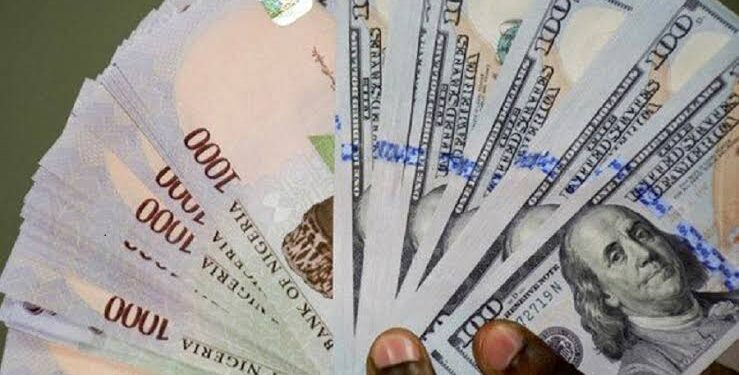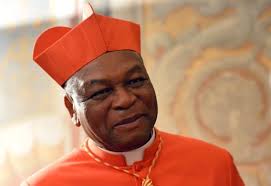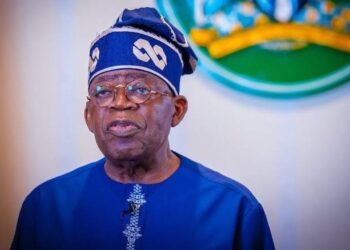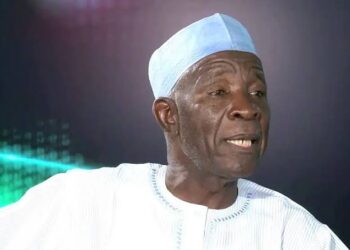The Nigerian Naira recently made significant gains against the United States Dollar. Consequently, this Naira appreciation external reserves link became clear: the currency firmed up by N14.98, or 1.02 per cent, on a week-on-week basis in the official foreign exchange market.
The Central Bank of Nigeria (CBN) confirmed this data. The Naira closed at N1,465.68 per dollar on Friday, rising from the N1,480.66 recorded the previous Friday. Furthermore, the Naira also strengthened in the black market. It gained N10 against the dollar when compared to the N1,495 traded on September 27, 2025.
In summary, the currency confirmed a solid uptrend across both the official and parallel foreign exchange markets, despite some intra-week volatility.
Nigeria’s continued rise in external reserves directly links to the Naira’s uptrend. The reserves climbed to $42.40 billion as of October 2, 2025. This figure marked a 0.33 per cent growth from the $42.26 billion recorded on September 26.
This sustained recovery in the country’s external buffers is crucial for stabilizing the market. The improved reserve position provides the CBN with greater capacity for foreign exchange management, clearly reinforcing the narrative of Naira appreciation external reserves. (For more on the central bank’s actions, read our report on [Internal Link to Nigeria’s Interest Rate Hike]).
Is the Dollar Losing Value Globally?
While domestic accumulation of reserves is a positive factor, some analysts insist that the dollar’s global weakness drives the Naira’s appreciation, not solely local factors.
Global financial reports back this hypothesis. They suggest that the dollar’s weakness links to foreign investor distrust. This distrust stems from geopolitical uncertainty and fiscal policy debates in the US. In addition, this global context provides an essential tailwind. It strongly contributes to the perceived Naira appreciation external reserves trend. (View expert analysis on global dollar performance: [Outbound Link to IMF/FED Statement on Global Dollar Weakness]).
Ultimately, the current scenario shows that the Naira’s stability results from two things: robust internal economic policy results and a lucky downturn in the Dollar’s international standing.



































